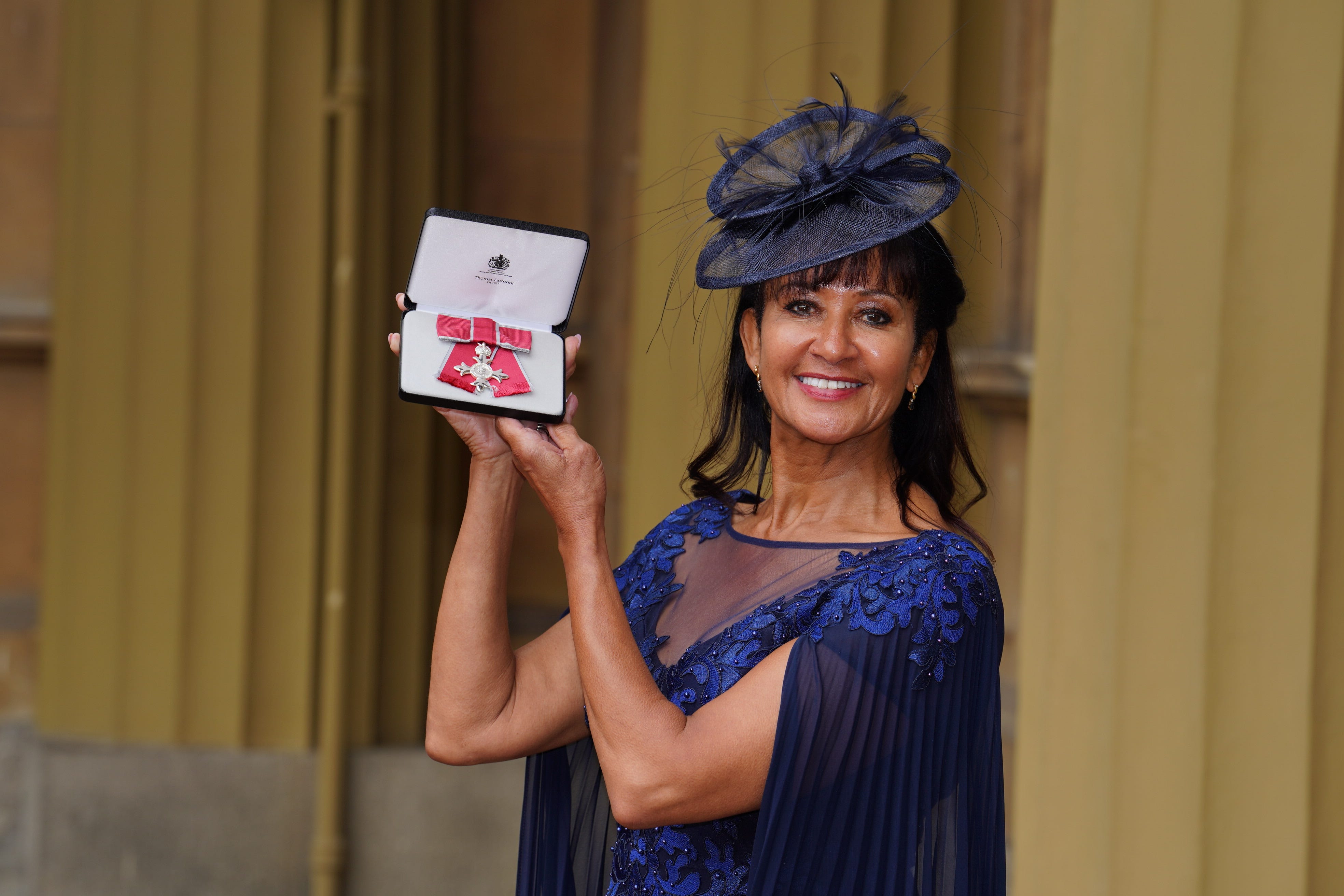Black youths being pushed away from arts, says Britain’s first black ballerina
Julie Felix was forced to travel to the US in the 1970s after a ballet company in London excluded her because of the colour of her skin.

Your support helps us to tell the story
From reproductive rights to climate change to Big Tech, The Independent is on the ground when the story is developing. Whether it's investigating the financials of Elon Musk's pro-Trump PAC or producing our latest documentary, 'The A Word', which shines a light on the American women fighting for reproductive rights, we know how important it is to parse out the facts from the messaging.
At such a critical moment in US history, we need reporters on the ground. Your donation allows us to keep sending journalists to speak to both sides of the story.
The Independent is trusted by Americans across the entire political spectrum. And unlike many other quality news outlets, we choose not to lock Americans out of our reporting and analysis with paywalls. We believe quality journalism should be available to everyone, paid for by those who can afford it.
Your support makes all the difference.Britain’s first black professional ballerina has said it is “difficult” for young black people to pursue careers in the arts, despite “improving” attitudes towards discrimination in the industry.
Julie Felix, of Looe, Cornwall, was forced to travel to the US in the 1970s after a ballet company in London excluded her “because of the colour of (her) skin”.
Ms Felix received her MBE for services to dance education from the Princess Royal in a ceremony held at Buckingham Palace on Wednesday – an honour which came after a decades-long career as a dancer, teacher, coach and author.
She said a “lack of funding” in education and the arts pushed young people – especially those who are black – away from the industry.
The dancer told the PA news agency: “Unfortunately, due to the issues with the lack of funding in education and in the arts, it is proving difficult for any young person that wants to train at a high level.”
“For people of colour, it’s even more difficult because of the price that it costs to pursue a career in the arts, ballet lessons, music lessons, anything like that.
“It’s really, really costly and so I think to have the opportunity for council funding or other funding to be more readily available for every young person is really, really essential.”
The former Birmingham Royal Ballet teacher, who is an honorary fellow at Falmouth University, said artistic crafts such as ballet were important extracurricular activities for young people which could “really change their perspective on life”.
“It gets a young person out when they know there’s an opportunity, especially for dance and ballet, just to have something after school and being able to relate to a (teacher) who is able to show them that there’s more to life than just going home and not doing anything,” she added.
Ms Felix said being awarded the MBE “means so much to me” and she wanted to “be able to give back everything that I’ve learned and my experience of travelling (and) being on stage”.
She added: “Last week, I was invited to be on a panel at the Royal Opera House (for) a black, British ballet across the Atlantic.
“It was lovely to see black ballet dancers being brought over to perform at the event, along with members of the Royal Ballet Company.
“So that showed me that things are improving.”